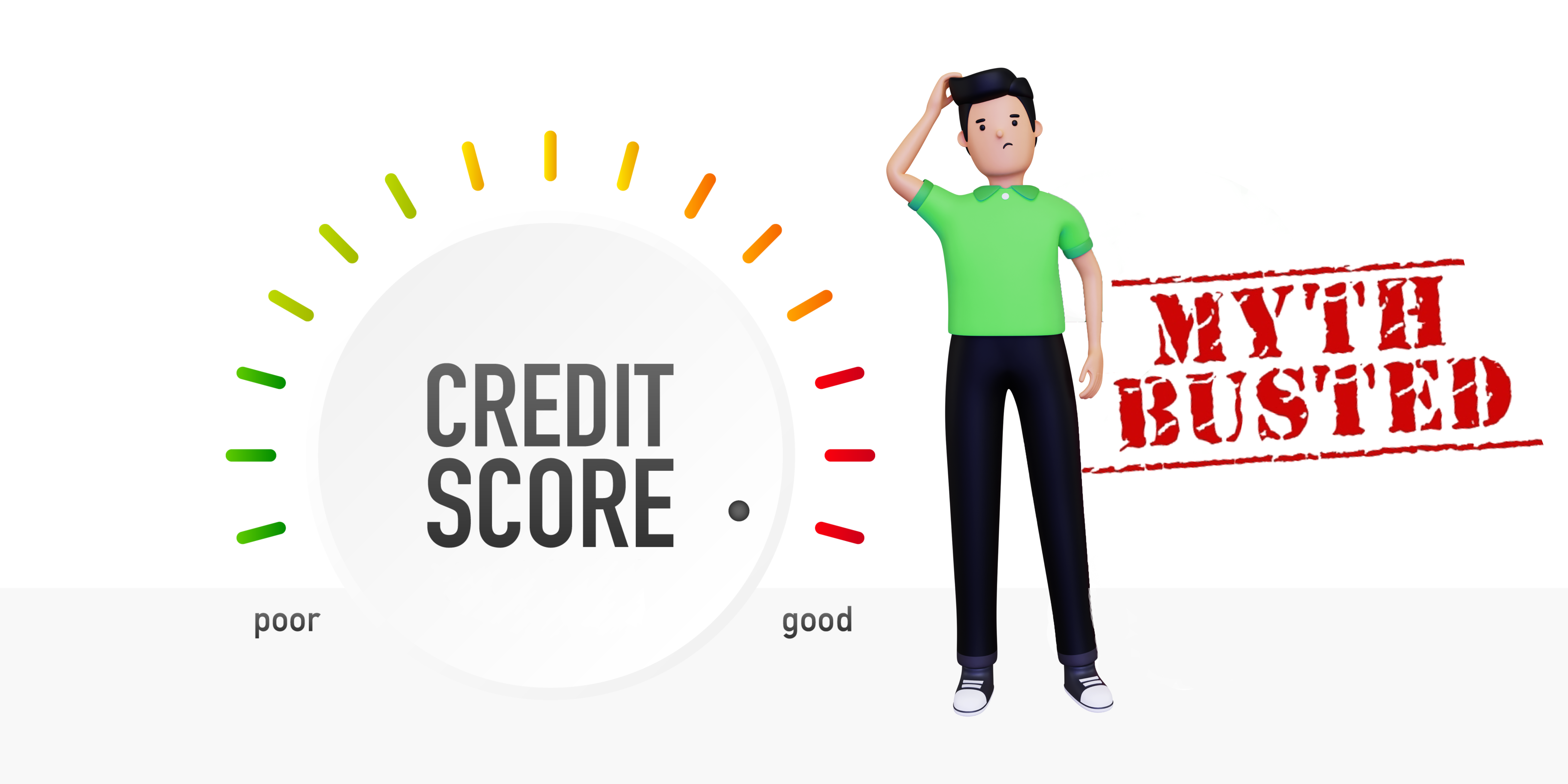In today’s world, where financial decisions play a crucial role in our lives, understanding credit scores is of paramount importance. Whether you’re applying for a mortgage or seeking a new credit card, your credit score can significantly impact your financial opportunities. Unfortunately, numerous misunderstandings surrounding credit scores can misguide and confuse individuals.
In this article, we aim to shed light on some common myths about credit scores, debunking the misconceptions and providing accurate information to empower you in making informed financial choices.
You can also make sure to check out credit scores for free in your online payment apps.
What are some of the myths associated with credit scores?
Credit ratings can be a complex and challenging topic for many, creating many myths and misconceptions. These myths may disrupt their credit management.
Therefore, it is very important to dispel these misconceptions.
- Monitoring your credit can potentially lead to credit damage
One common misconception is the belief that monitoring your credit rating will damage it. In reality, credit inquiries are classified into two types: rigorous inquiries and soft enquiries.
Hard requests, like when the lender analyses your credit history throughout the duration of an application for a loan, may have a small adverse effect. Soft searches, such as checking your credit score or whenever organisations screening your provides, do not affect your credit rating.
- Paying your credit right away
A prevalent myth is that maintaining credit card balances may boost your credit score. This is false. Carrying an equilibrium and spending interest off a credit card will not help you improve your credit rating.
In fact, it might harm the credit utilisation ratio, which is an essential factor in determining your credit rating. To keep an ideal credit score, it is usually suggested to pay off the card amounts every month in your quick loan app or website.
- Cancelling credit accounts right away
Another common misunderstanding is that cancelling card accounts immediately improves your credit rating. While it can seem sensible to delete dormant accounts for credit cards, doing so may damage your credit rating.
If you close an account, you decrease the amount of credit that is accessible. It may impact your credit rating by raising your credit utilisation percentage. Rather, keeping an account open and occasionally utilising it to show excellent credit management is often more beneficial.
Wrapping Up
Your credit score is affected by your credit record, history of payments, credit utilisation, history of credit duration, and other pertinent factors.
While your earnings are considered when seeking a loan, it does not immediately affect your credit rating. You may check your credit score for free on your loan app or website, and you must keep this in check.

